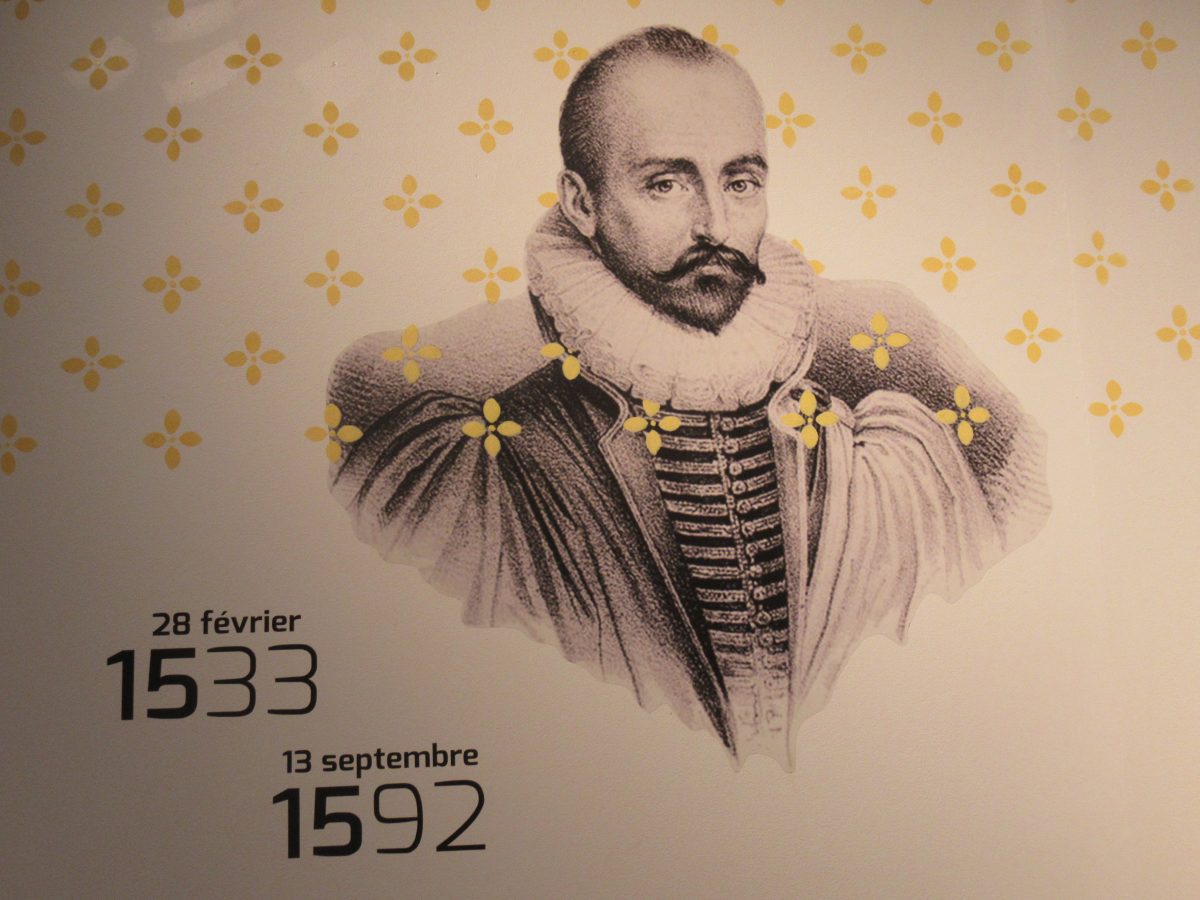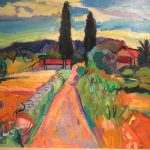Our introduction to literary Bordeaux begins with a trio of famous Bordeaux authors, the ‘3 Ms’ – philosophers Montaigne and Montesquieu and the novelist François Mauriac. There are statues of all of them in the city. First, there are mini biographies and pointers to their works. Then we follow up with more books set in and around Bordeaux – historical fiction, two very different detective stories and the true account of the web of spies – French, German, British – operating in Bordeaux during World War II. On the podcast you can hear short extracts from all the works mentioned.
Montaigne 1533-1592
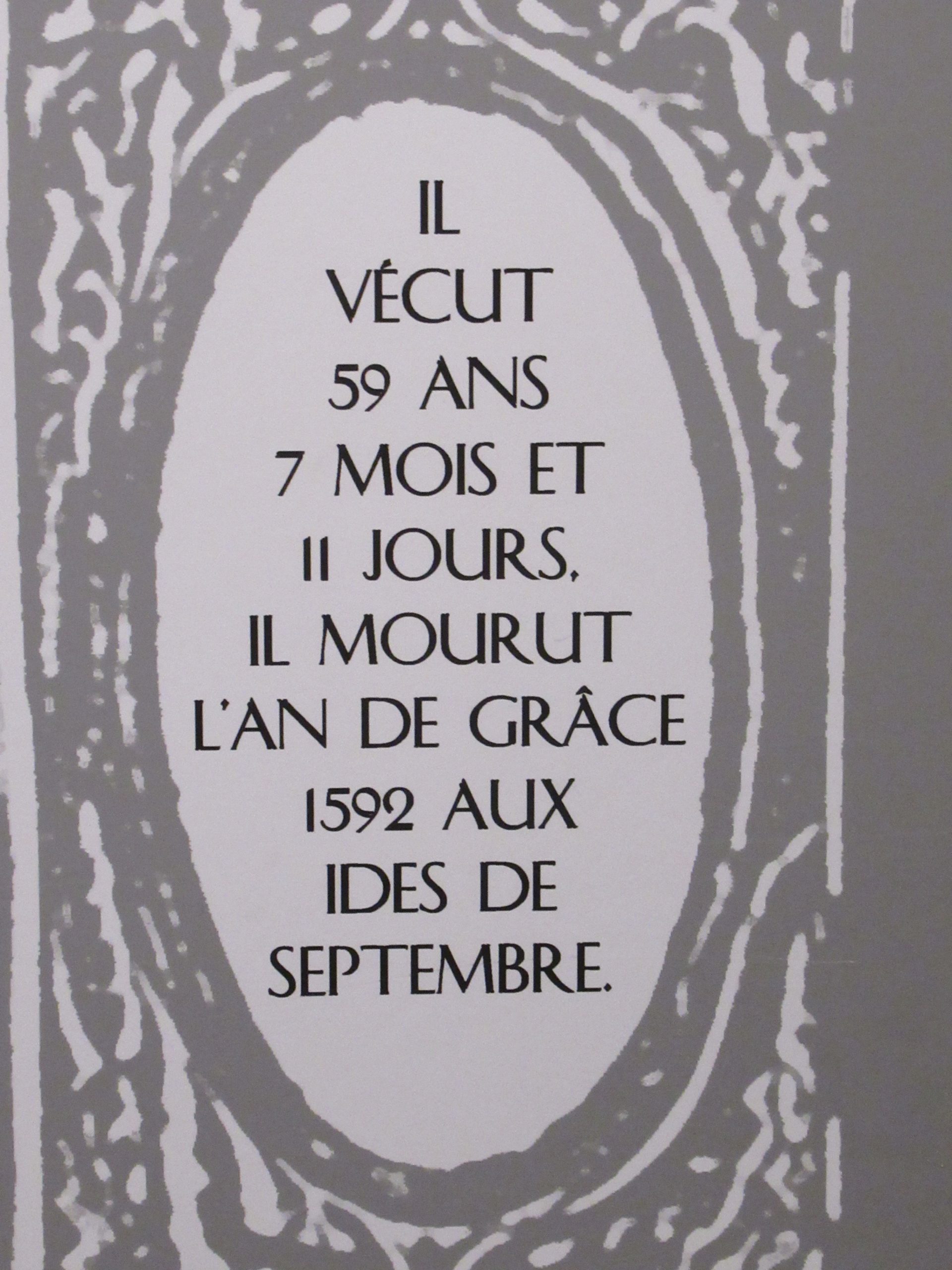
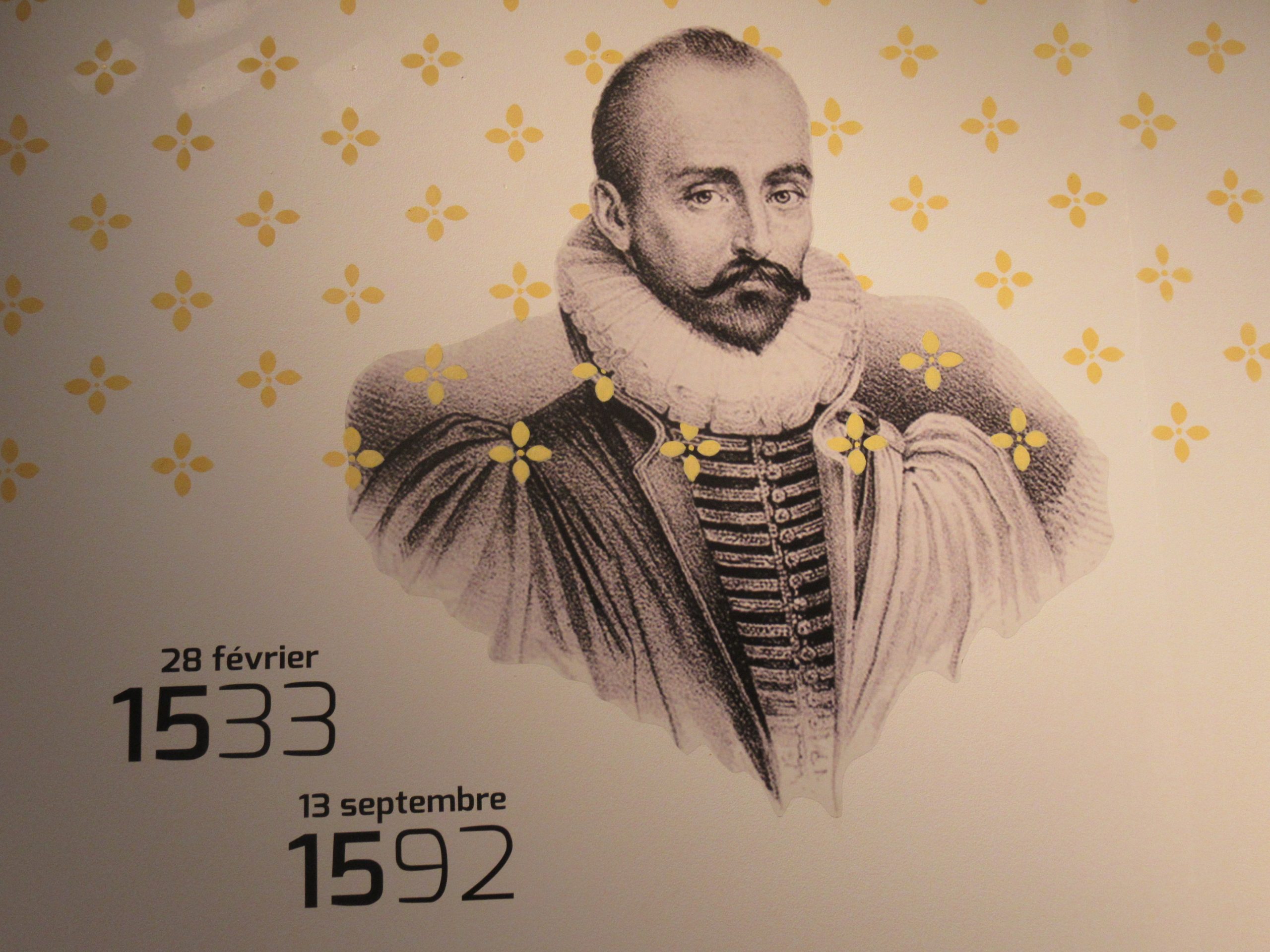
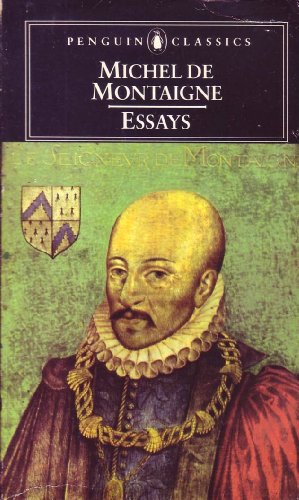
Michel de Montaigne was born at the family home, the Château de Montaigne, near Bordeaux. His father oversaw his early education, decreeing that for the first 6 years of his son’s life, everyone, including the servants, must speak to him only in Latin. After studying Law in Toulouse, Montaigne returned to work at Bordeaux’s parliament, before leaving public life to retreat to his library in one tower of his château, where he had over a thousand books – quite something in the 16th century. He had it decorated with Greek and Latin inscriptions and sat down to write his first book of essays, published in 1580.
Montaigne addressed many topics, thinking about what he’d learned from his travels and all the books he’d read. But as he himself said, his topic was really himself: ‘I am myself the matter of my book.” He mused extensively on life, ageing and death, sprinkling his essays with folklore, quotations and anecdotes (two of which are re-told on the podcast) and candid descriptions of his own bodily functions. He was fond of digressions, saying “As my mind roams, so does my style”.
One of his best-known essays describes the library where he liked to withdraw to read, think and write. It was a circular room, and he could see ‘at a glance, every one of my books ranged on five shelves all the way along. It has three splendid and unhampered views.’ Having a solitary retreat was important to him: ‘Wretched the man who has nowhere in his house where he can be by himself, pay court to himself in private and hide away!’
You can visit Montaigne’s cenotaph at the Musée d’Aquitaine in Bordeaux. The recumbent statue was sculpted the year after his death and placed in the entrance hall of Bordeaux University where students would pass by on their way to exams to rub it for luck. Today, the building is a museum and the statue is in a separate room, along with information about Montaigne and an epitaph which recalls ‘la profondeur de ma sagesse et les charmes de mon language’. (The depth of my wisdom and the charms of my language.)
Montesquieu 1689 – 1755
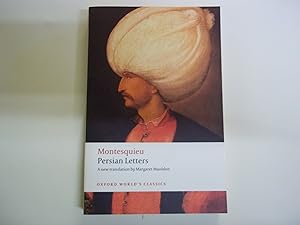
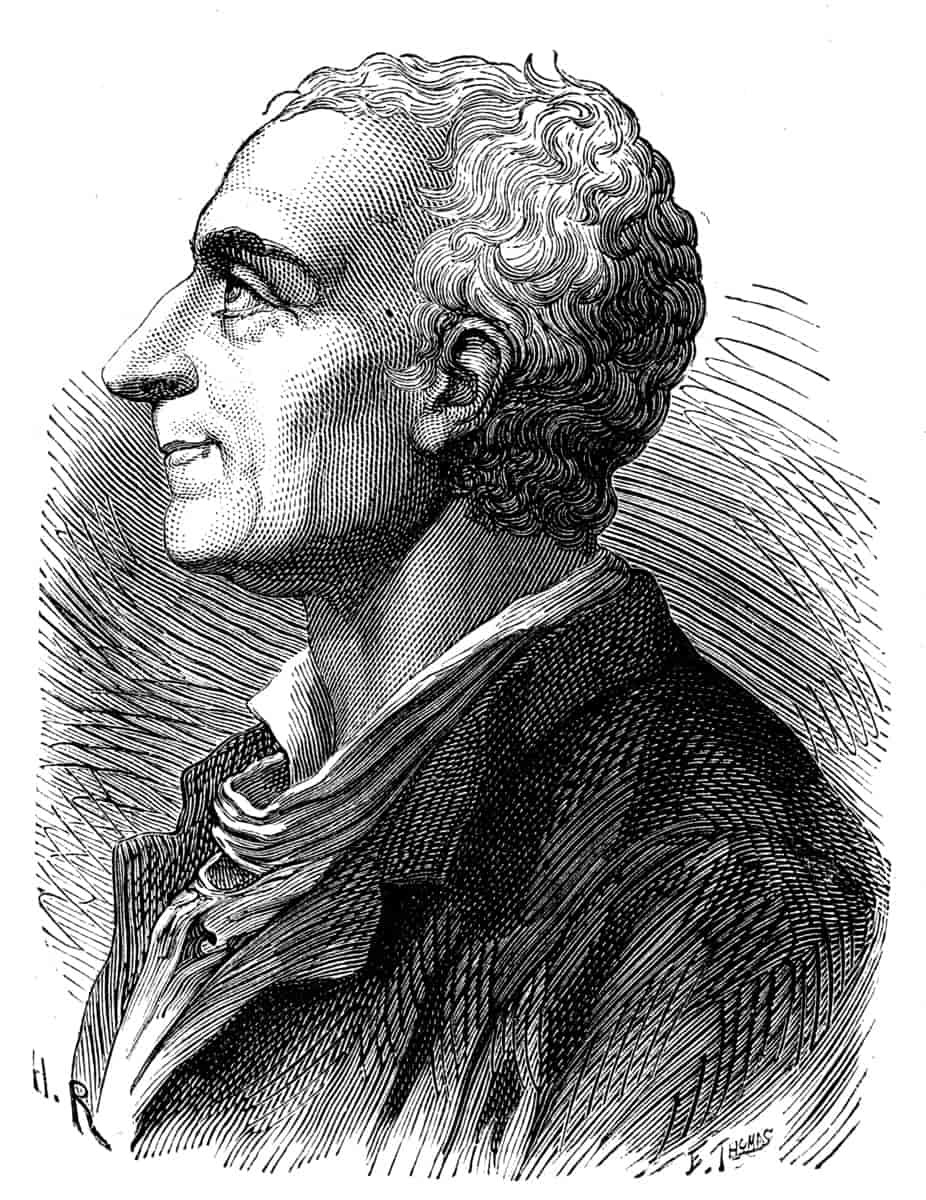
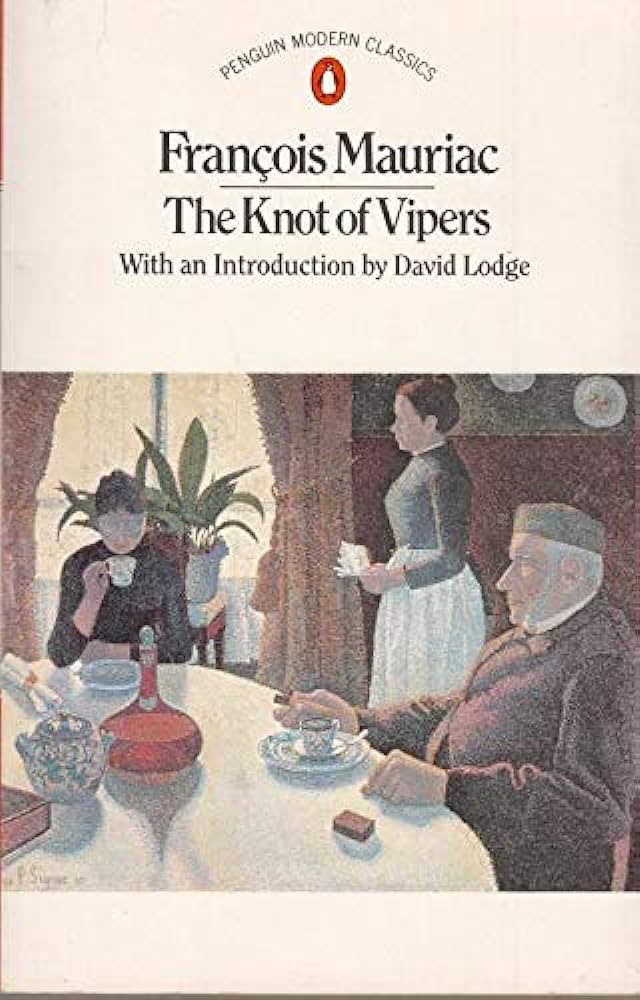
Montesquieu also studied law, but he inherited family wealth and withdrew to write. At 30, he published Persian Letters, a satirical portrait of France which mocked the king and many aspects of French culture. It’s written as the fictitious travel journal of two Persian noblemen, Usbek and Rica, who were journeying through France. They comment on everything, often sounding surprisingly modern. Of fast-changing fashion Rica remarks that ‘sometimes coiffures go up gradually, only to be lowered at once by a style revolution’. After a month in Paris, Rica criticises the manners of the Parisians, pushing and shoving him as they pass by. Persian women are more beautiful than French women and ‘do not gamble or stay up late.’
Montesquieu travelled widely and then moved to Paris, where he was elected to the Académie Francaise in 1727. His book, The Spirit of Laws, ran to 1000 pages, on such topics as government and the role of religion in society. It has been called ‘one of the great works in the history of political theory’, but it made him many enemies in the church and the universities. In 1751 it was listed on the ‘Index of Forbidden Books’ in 1751.
francois mauriac
The Bordeaux-born catholic novelist François Mauriac, winner of the Nobel Prize in 1952, wrote that ‘My books bear witness that, although I live in Paris, I have never left Bordeaux. It would be truer to say that Bordeaux has never left me.’ His novels, says the Encyclopedia Britannica, are ‘sombre, austere psychological dramas set in an atmosphere of unrelieved tension’. Titles such as ‘A Kiss for the Leper’, ‘The Desert of Love’ and ‘The Knot of Vipers’ hint at the dark themes Mauriac wrote about.
Mauriac’s novel Thérèse Desqueyroux tells the story of young wife so stifled by her marriage that she attempts to murder her husband. The family arrange her acquittal in order to uphold the family honour, then take their revenge by shutting her away in her room and forbidding her to see her child. The Knot of Vipers is another slow burning tale of revenge and cruelty. It opens with a dying man writing a letter to his wife and children explaining why he is disinheriting them and the rest of the book goes back over the story of family bitterness which has led to this point. Both books address the questions of redemption and forgiveness and whether they are possible.
more bordeaux authors
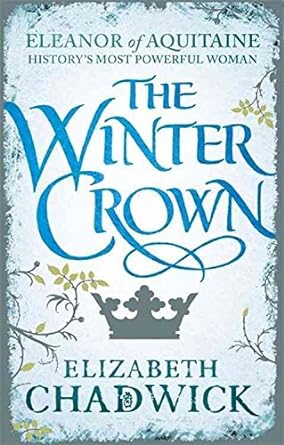
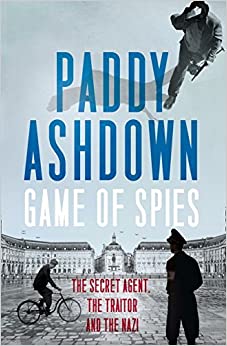
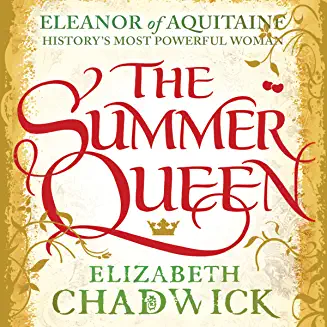
the summer queen by elizabeth chadwick
Fictional, but closely based on history, The Summer Queen tells the story of Eleanor of Aquitaine and her marriages to Louis, future King of France and then Henry II of England. Here she is, arriving at the Saint-André Cathedral in Bordeaux for her wedding to Louis: ‘Alienor took a deep breath and set her feet upon the narrow carpet of fresh green reeds, strewn with herbs and pink roses. The trail of flowers led her down the long nave towards the altar steps. Acolytes swung silver censers on jingling chains, and the perfume of frankincense rose and curled in pale smoke around the vaulted ceiling, mingling with the voices of the choir.’
The Summer Queen is the first of a trilogy. The other two titles are The Winter Crown and The Autumn Throne.
game of spies by paddy ashdown
Game of Spies re-tells the true story of wartime Bordeaux, where British undercover agents are trying to thwart the Germans and the local population includes both those working for the Germans and members of the Résistance. It often reads like a thriller, describing tense scenes of spying and counter-espionage, for instance when a British agent arrives at a ‘safe house’, to be met by the family’s daughter who whispers ‘The Gestapo came this morning at 8.30. They searched the house; behind the furniture; behind the cupboards; they emptied the drawers; they even sounded out the walls. Then they took mother away.’ Gripping stuff!
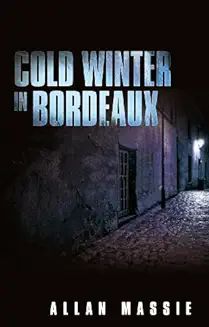
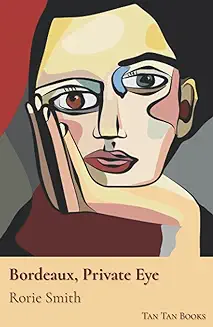
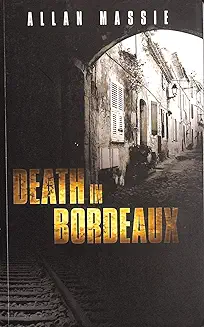
Bordeaux, Private Eye by Rorie Smith
Bordeaux, Private Eye is a madcap story of Bill Smith and Polly Smith, who are usually found on the quayside, taking pictures of cruise ship passengers, but who get drawn into the chase for two murderous lawyers. There’s certainly a plot, but there are also all sorts of Bordeaux-themed asides, such as one on Michel de Montaigne, whose book of essays ‘comes in at over 1000 pages, which is obviously too much for any normal person to read.’ Musings on what happened to Montaigne’s body after his death follow this remark over several pages and then our would-be detectives set off on another investigative chase through the city.
Rorie’s second Bordeaux-set novel is The Station Philosophers’ Club, recounting the exploits of a group of self-styled Philosophers who meet when it suits them in the brasserie at the Saint-Jean station in Bordeaux.
death in bordeaux by allan massie
Death in Bordeaux, set in 1940, is a gruesome murder tale with a cast of interwoven characters who may – or may not – be implicated and lots of references to wartime Bordeaux. There are German troops on the street, our hero Superintendent Lannes has one son at the front and another whom he fears is about to court danger by joining the Resistance. Everyday life – ersatz coffee , phone-tapping – is set against historical references including Marshall Pétain’s speech and the killing of a Jewish character accused of mocking German soldiers. It’s the first of a series of 4, the others being Dark Summer in Bordeaux, Cold Winter in Bordeaux and End Games in Bordeaux.
listen to the podcast
reading suggestions
The Essays A Selection by Michel Montaigne
How to Live A Life of Montaigne in 1 Question and 20 Attempts at an Answer by Sarah Bakewell
Persian Letters by Montesquieu
The Knot of Vipers by François Mauriac
Thérèse Desqueyroux by François Mauriac
The Summer Queen by Elizabeth Chadwick
Bordeaux, Private Eye by Rorie Smith
The Station Philosophers’ Club by Rorie Smith
Game of Spies by Paddy Ashdown
Death in Bordeaux by Allan Massie
links for this post
Previous Episode St Emilion and other Day trips from Bordeaux
This is the last episode in the Bordeaux series
Last Updated on January 2, 2026 by Marian Jones

